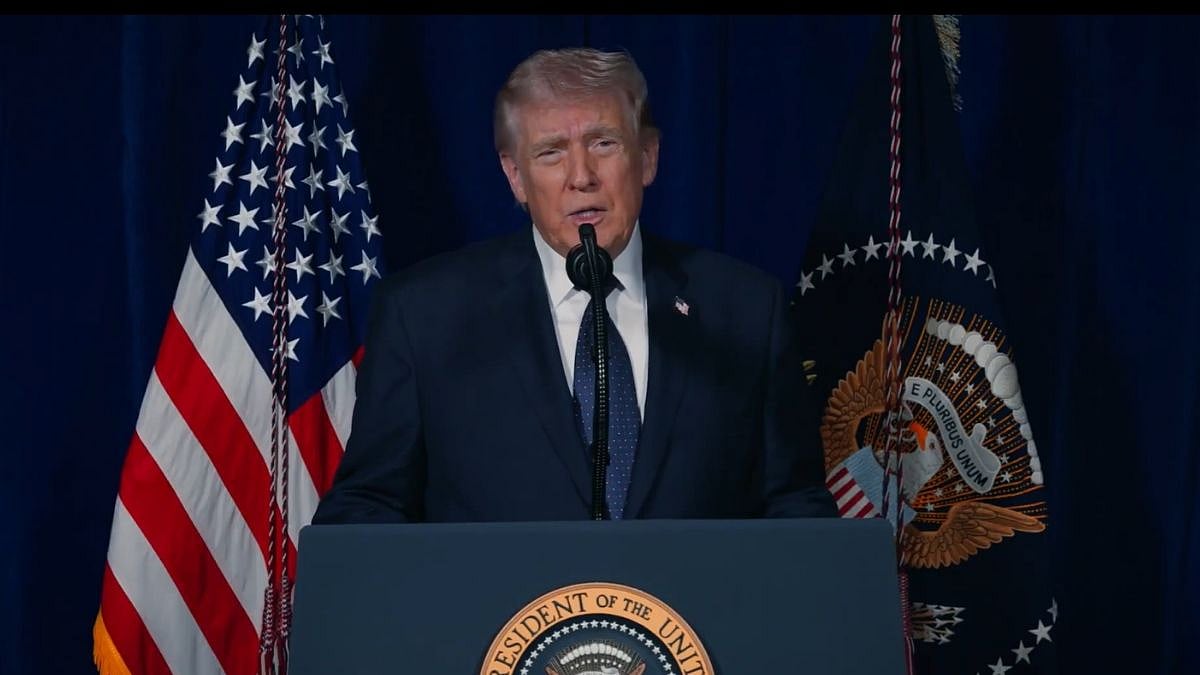The alacrity with which the Congress selected Sukhvinder Singh Sukhu as chief minister of Himachal Pradesh, the state it won in the recent round of Assembly elections, and ensured his swearing-in the next day shows that the grand old party has finally learned some lessons after being pipped to the post by the Bharatiya Janata Party in Goa and the Northeastern states despite being the numerically stronger party. There the Congress was unable to counter the shrewd machinations and superior poaching abilities of the saffron party.
In choosing Mr Sukhu, a grassroots leader who has risen from the ranks and boasts very humble origins, the Congress has displayed rare foresight. The party quickly snuffed out the mini revolt by a faction loyal to former chief minister Virbhadra Singh, whose widow staked her claim to the top post in the state, and attempted a clever balancing act by making Singh loyalist Mukesh Agnihotri the deputy chief minister and promising a ministerial portfolio to the late leader’s son Vikramaditya Singh. The presence of Rahul Gandhi and Priyanka Vadra at the swearing-in ceremony with Pratibha Singh and Mr Sukhu’s mother on the dais made for interesting optics and succeeded in projecting a united front.
In fact, the entire poll campaign in Himachal showed the Congress party in an aggressive, battle-ready mod,e unlike how it virtually sleepwalked through the campaign in Gujarat. The contrast in campaign strategy in the two states was stark. The Congress, which was a strong contender in the 2017 polls in Gujarat, was barely visible this time round with its senior leadership basically missing in action. It tamely ceded the principal Opposition space to the Aam Aadmi Party which managed to cut into the Congress vote share by a significant amount, reducing its seats tally to 17 from the 77 it won in the previous election. In the Saurashtra region where it did so well in 2017, it was virtually wiped out. The AAP managed to bag a good percentage of votes though it was not able to translate it into seats. The Arvind Kejriwal-led party led a vigorous campaign where the party’s big guns matched the BJP in the number of rallies and roadshows.
In Himachal, however, the AAP seemed to withdraw from the fray though it fielded candidates in 67 of 68 seats. There were hardly any campaign rallies, roadshows or public appearances by AAP leaders. This, no doubt, was a big factor in the Congress victory as the anti-BJP votes saw no split unlike in Gujarat. The BJP in fact had to battle factionalism and the rebel factor in Himachal where its decision to deny tickets to several sitting MLAs was met with anger. The decision to keep out former CM and veteran BJP leader Prem Kumar Dhumal also proved costly as the party lost all seats in his Hamirpur bastion. The loss was especially embarrassing for BJP president JP Nadda, as it is his home state and he had orchestrated the campaign there. The apple growers’ plight increased the disillusionment with the saffron party and the decision to introduce a new pension scheme for government employees proved to be the last nail in the coffin. The Congress manifesto’s pledges to restore the old pension scheme, provide jobs and help the apple growers resonated with voters in a state where the trend has always been to rotate governments every five years. The BJP had hoped to buck that trend but it was unsuccessful.
Another key factor responsible for the Congress success in Himachal was the absence of Hindutva politics in the run-up to the election. In a state with a minuscule minority population, playing up the Hindutva card will bear no fruit. This absence of polarisation was greatly to the Congress advantage. The verdict also proved that the Narendra Modi factor does not always work in state elections. His special relationship with Gujarat can ensure victory after victory there but the absence of strong regional leaders can prove a disadvantage in other states where the Opposition is not in a moribund state. The Congress, now led by Mallikarjun Kharge, has its task cut out to provide stable governance for the next five years in the hill state. Mr Sukhu has a tough road ahead, managing factions, egos and people’s expectations.




